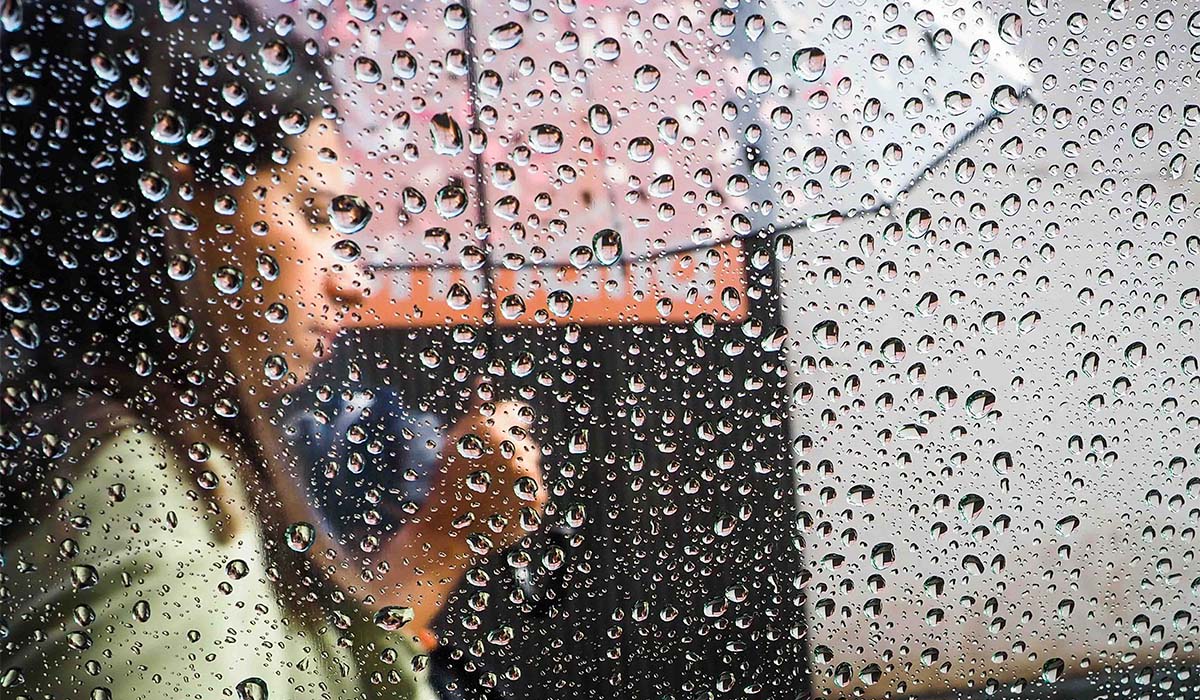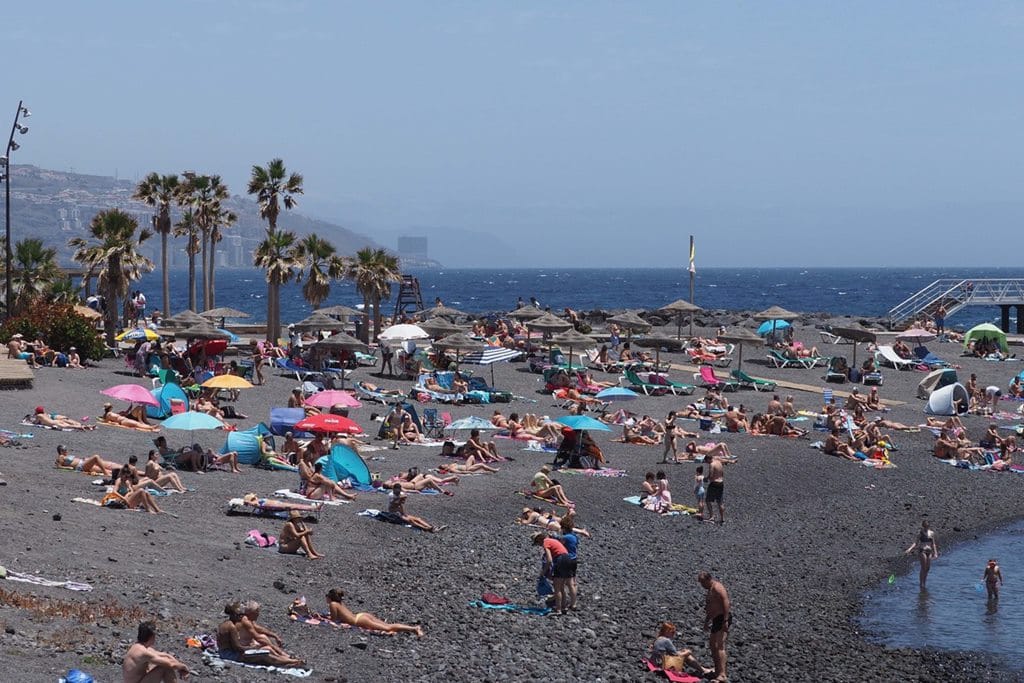The Department of Health of the Canary Islands Government, through the Directorate General of Public Health, has activated the Plan of Preventive Actions for the Effects of Excessive Temperatures on Health, which establishes the necessary measures to reduce the effects on people’s health associated with excessive temperatures and to coordinate the involved institutions of the region. The goalis to activate the emergency health care system in the archipelago, in coordination with the Ministry of Health, Social Services and Equality and the State Meteorological Agency (AEMET).
The Directorate General of Public Health, which has been coordinating the plan since 2004, has established a system of epidemiological surveillance of the impact of high temperatures on the health of the population, coordinated with the Canary Islands’ healthcare and emergency centres, as well as alerting the centres and town councils affected of the forecast alert situations.
Public Health will also provide information to the media aimed at providing useful advice and practical measures to prevent the effects of exposure to high temperatures. The aim of these actions is to increase individual prevention capacity to deal with the heat by applying measures that are easy and accessible. The plan is aimed at the entire population, and is especially designed for the population groups most vulnerable to intense heat, such as the elderly, children and people with chronic pathologies, according to the Regional Ministry in a press release.
From a social point of view, marginalisation, isolation, dependence, disability and the living conditions of people with fewer resources add risk factors that make groups that, precisely because of their socio-economic conditions, should be better supported, even more vulnerable. Specifically, all hospitals and the Canary Islands Emergency Service (SUC) have specially designated and trained staff to deal with and effectively coordinate services in the event of a possible heat wave, as well as communication channels.
THE CANARY ISLANDS: TEMPERATURE THRESHOLDS AND RISK LEVELS
The temperature thresholds established in 2023 are 33 degrees Celsius for the province of Las Palmas de Gran Canaria and 34 degrees Celsius for the province of Santa Cruz de Tenerife. The criterion for assigning health risk levels for situations of excess temperature, determined by the Ministry of Health, is based on a decision algorithm, according to the government.
According to this algorithm, based on the maximum temperatures forecast, the established threshold, the number of days of persistence, which is specified as a minimum of three, and the risk factors of each territory, four risk levels are determined: level 0 (green), no risk; level 1 (yellow), low risk; level 2 (orange), medium risk; and level 3 (red), high risk.
In view of the high temperatures, the recommendations addressed to the vulnerable population in particular are: stay as long as possible in cool, shady or air-conditioned places and cool down whenever necessary; reduce physical activity and avoid outdoor sports in the middle of the day; drink water or fluids frequently, even if you do not feel thirsty and regardless of the physical activity you are doing; avoid caffeinated, alcoholic or very sugary drinks, as they can promote dehydration and pay special attention to babies, children, pregnant or breastfeeding women, as well as elderly people or people with diseases that can be aggravated by the heat.
Furthermore, it is recommended to wear light, loose clothing that allows perspiration; not to leave anyone in a parked, closed vehicle (especially minors, the elderly or people with chronic illnesses); consult a health professional if symptoms last more than an hour and may be related to high temperatures; eat light meals that help replace salts lost through sweating and keep medicines in a cool place because the heat can alter their composition and their effects.






